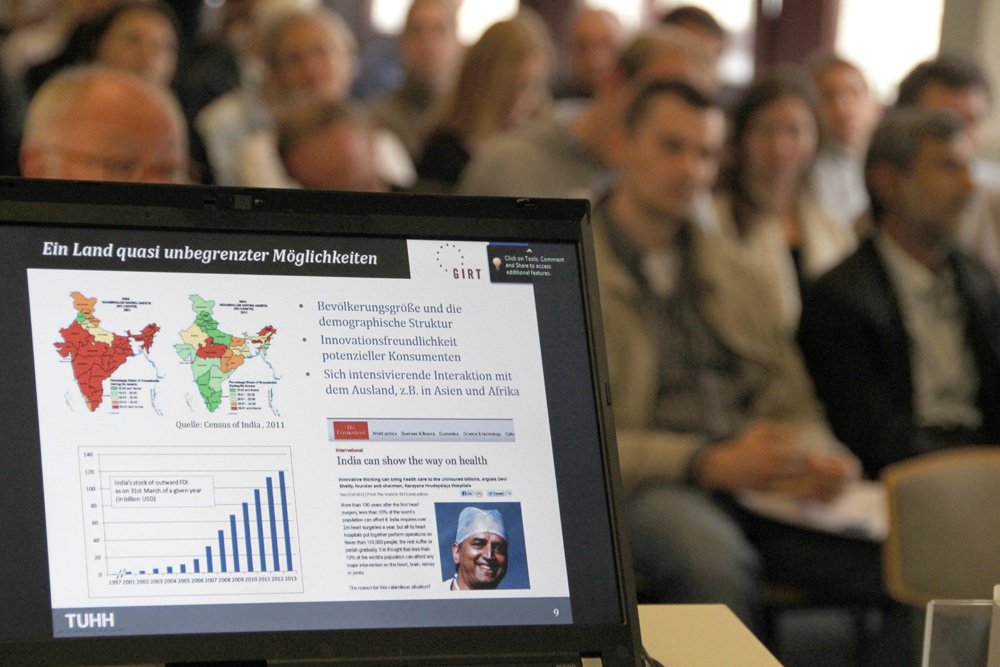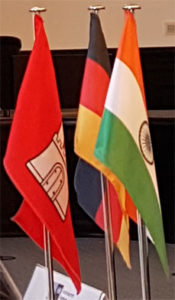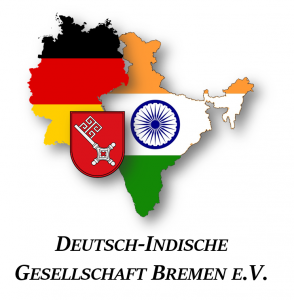
Come and get inspired!
India and Germany belong to the group of leading innovating nations in selected high-tech sectors. Research conducted by the Institute for Technology and Innovation Management at TUHH shows that the competence profiles of the business and science sectors of both countries have complementarities, which have not been sufficiently utilized so far.
This online event will explore the potentials for Indo-German cooperation through selected successful practical examples, high-calibre expert talks and a panel discussion. Some of the questions it will focus upon are:
- Why does it make sense for India and Germany to cooperate in the field of high-tech, e.g. hydrogen power?
- What are the opportunities that German firms see in an innovation partnership with India?
- Why do Indian companies engage in R&D and innovation in Germany? What are their experiences?
Event title: Potentials of Indo-German Collaboration for High-Tech Innovation
Date & Time: Wed., 10 Nov. 2021, 10:00 – 12:00 h (CET) | 14:30 – 16:30 h (IST)
Zoom link for registration:
https://tuhh.zoom.us/meeting/register/tZIvcuGorjIjE9TCSBsLRvIpspIPcZr8FRH4




